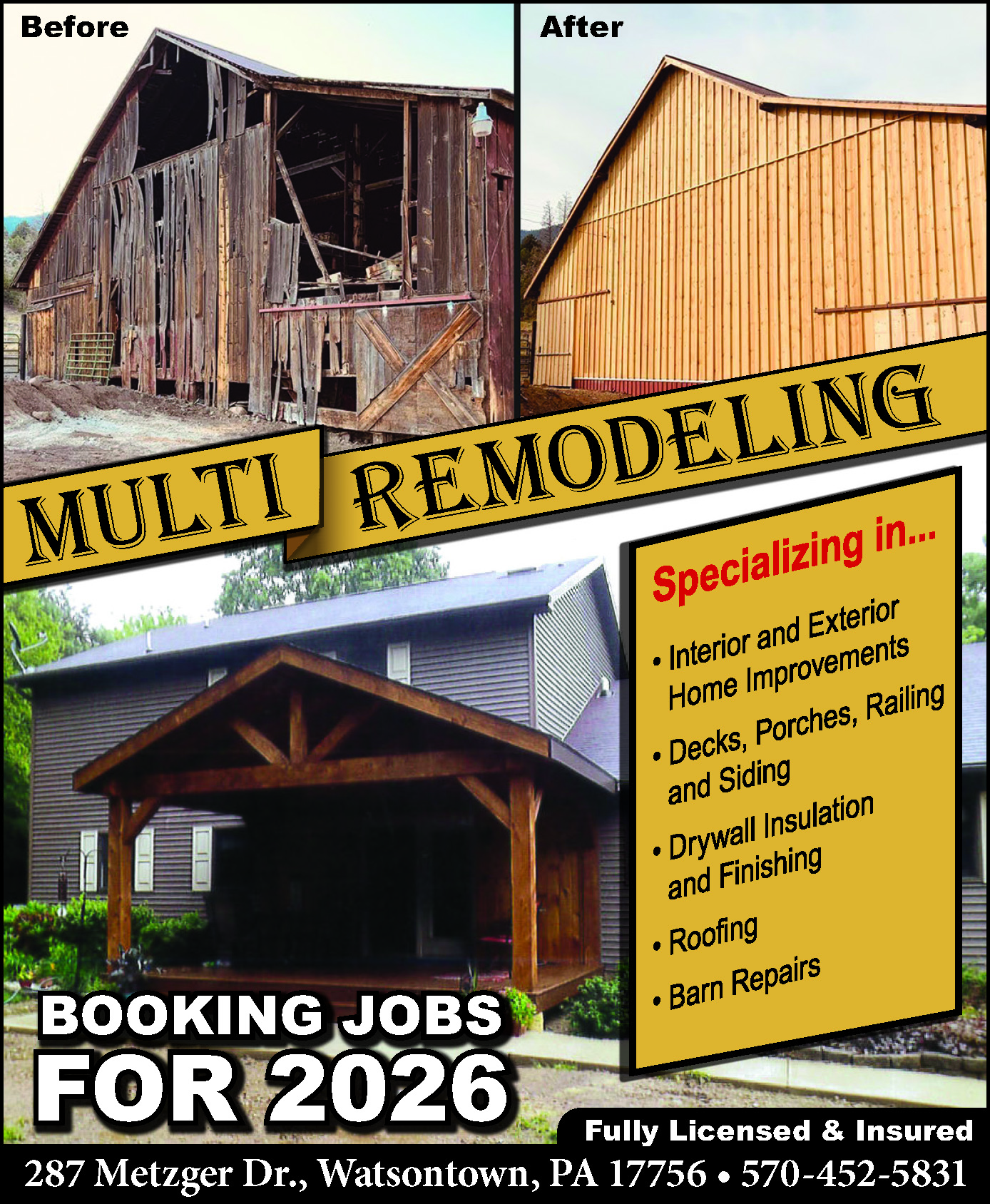Most of us would love to have an eidetic memory — more commonly known as a photographic memory — able to recall something with high precision even after just a brief glimpse. Or would like to execute a task with laser focus from beginning to end. The truth is that I have always struggled with certain tasks, such as remembering people’s names or remembering what I’ve just read. However, I have learned a few tips and tricks over the years to improve my cognitive performance and ability to focus.
Make Sleep a Priority: As I have written many times and will continue to do so, sleep is not a passive activity, nor is it something that can be waived off as something for the lazy. It is essential to biological functions such as healing and the production of hormones. It is also critical in the creation of long and short-term memories and the ability of the brain to focus. Some of us can recall pulling all-nighters in high school and college. In truth, mine were largely the result of procrastination, thinking that I could cram an entire week’s worth of preparation into a single, intense night of studying. Though I tried this method of study more than once, it really never produced much success. Rather, I would have been better off getting a good night’s sleep so that I could have at least committed what little I had studied to memory. In addition, just like any piece of machinery that depends on a battery, functions poorly on a low charge, so does the human brain. Things slow down, judgment is impaired, and it takes longer to perform even the simplest task. Sleep matters, so aim for eight hours of quality sleep nightly.
Define the Task: Understanding what you are trying to accomplish sounds simplistic, but I have found that I accomplish much less and waste more time when I dive right into a task. I have found that clearly defining my goals has significantly improved my productivity. Each day, I take 5-10 minutes to outline what I want to accomplish throughout the day, sometimes adding to this outline or list as new tasks come to my attention. While I am not entirely “list” driven, it does help to clearly define what I need to work on. It is also very satisfying to cross items off my to-do list.
According to Chris Gooder, performance psychologist for Hintsa Performance, tasks can be divided between active and passive. Active tasks are more automatic and, therefore, require less conscious awareness because they are interactive. These might include things such as discussing a research topic with a professor or a work regulation with a supervisor. Conversely, passive tasks such as reading a book or listening to a podcast require a higher degree of concentration if you want to remember the content because there is no immediate feedback. When it comes to memory, it is, therefore, best to work on activities that require memorization and/or concentration when you are at your best and well-rested. See the previous paragraph on the benefits of sleep.
Customize Your Environment: Everyone is different when it comes to choosing the best work environment. For certain tasks, such as reading an article on a complex topic, I have found that I need complete silence. For others, such as writing this article, a little background noise actually helps. I have never, however, been able to listen to the TV or play music when I read or study. I find myself completely distracted. For others, though, having something playing in the background makes all of the difference, and they function perfectly well.
I have also found that I do best in a somewhat organized — I use the term loosely — workspace. Over the course of the week, I tend to accumulate papers and work notes on my desk, which eventually become distracting or creates a low level of anxiety. I find if I keep my workspace clutter-free, I am better able to concentrate. This includes removing distractions such as the temptation to scroll through social media. So, put your phone away when you are not making a call.
Plan Breaks: Occasionally, I get so immersed in work that I forget to get up and move. Eventually, I start to make mistakes ranging from a simple typo to an error on an important document. When I get to this point, I like to take a break and completely disengage from whatever I was working on. The breaks do not need to be long, but they do need to happen regularly. In addition, where you take a break matters. Ideally, it should be somewhere other than your workspace and should give you time to think about things other than work or not think at all, for that matter. Try a few minutes of yoga in a quiet space or a short walk outside. If possible, sit in a green space such as a park or in your backyard if you work from home.



